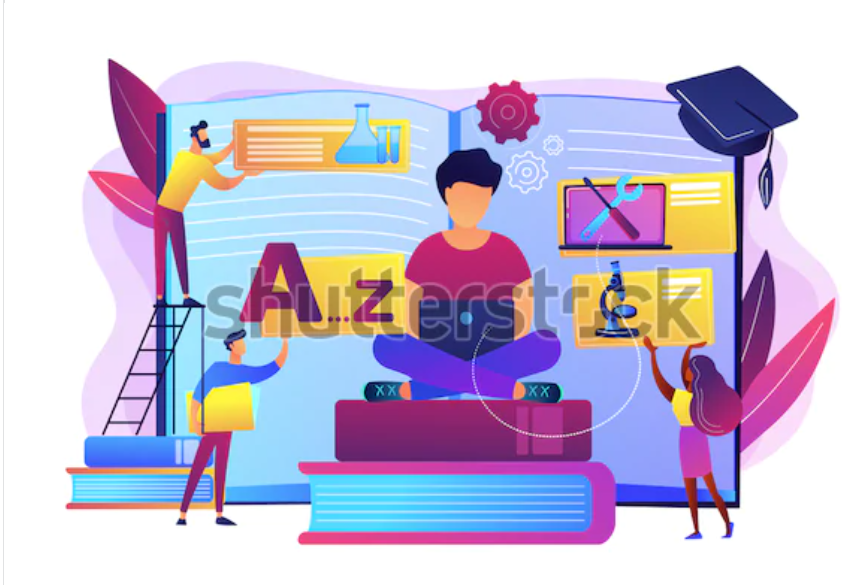As a student, I have experienced online learning for IELTS class, including writing and listening both taught in Asynchronize and Synchronize before this pandemic. For me that it is a very convenient way to study online without out of the door.
I have no experience with teaching or learning in terms of VR, but I played it several times when I was in China. It brought me to a vivid sense that I almost got the same mental and physical feeling from the real world. I think in the aspect of education, VR indeed will have a lot of room for application.
However, gaining universal access for VR in the educational field could be a big challenge for educators. The first thing that needs to consider is the cost of the instrument, which could be expensive for most students. Second, the technical issue might happen during the process, which could affect and distrust students’ engagement. Then, different people have a different level of the visual sensory system, which means some of the users might feel the VR is not user friendly as they feel dizziness.
On the other hand, those innovative technologies can significantly increase student’s engagement and level of understanding to some extent. For example, as now, we could share our idea and read other students’ reflections to gain more perspective from different points of view by writing a blog on this site. This can seem like constructivism that everyone contributes their understanding on this place is very meaningful.
To sum up, making progress and trying new things could be a good way to achieve, which means the educator should call for students to find out the appropriate technologies for themself. Learning is not learning what the teacher teaches; it is a way to learn how to learn.


Hi yutinglyu,
Teaching with technology enhances the relationships between teachers and students. As technology helps in teaching and learning to make it more interesting and fun. But I totally agree with you that learning with technology is expensive but if for example, I compare textbooks and e-books, ebooks are cheaper than normal textbooks. I think as technology is growing on a faster pace it’s easy for any to update themselves with technology and according to me I think bear the price of the e-book is quite reasonable than purchasing a book. There is an end number of studies that say because of technology people learn quickly and easily because of online learning provision.
Thanx & Regards
Pushpinder Kaur